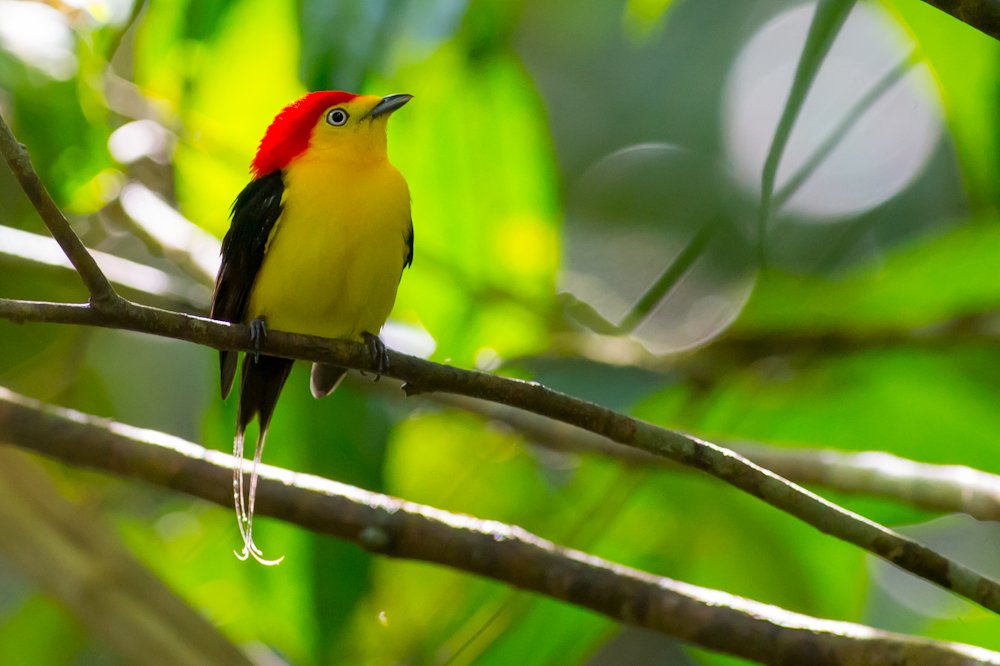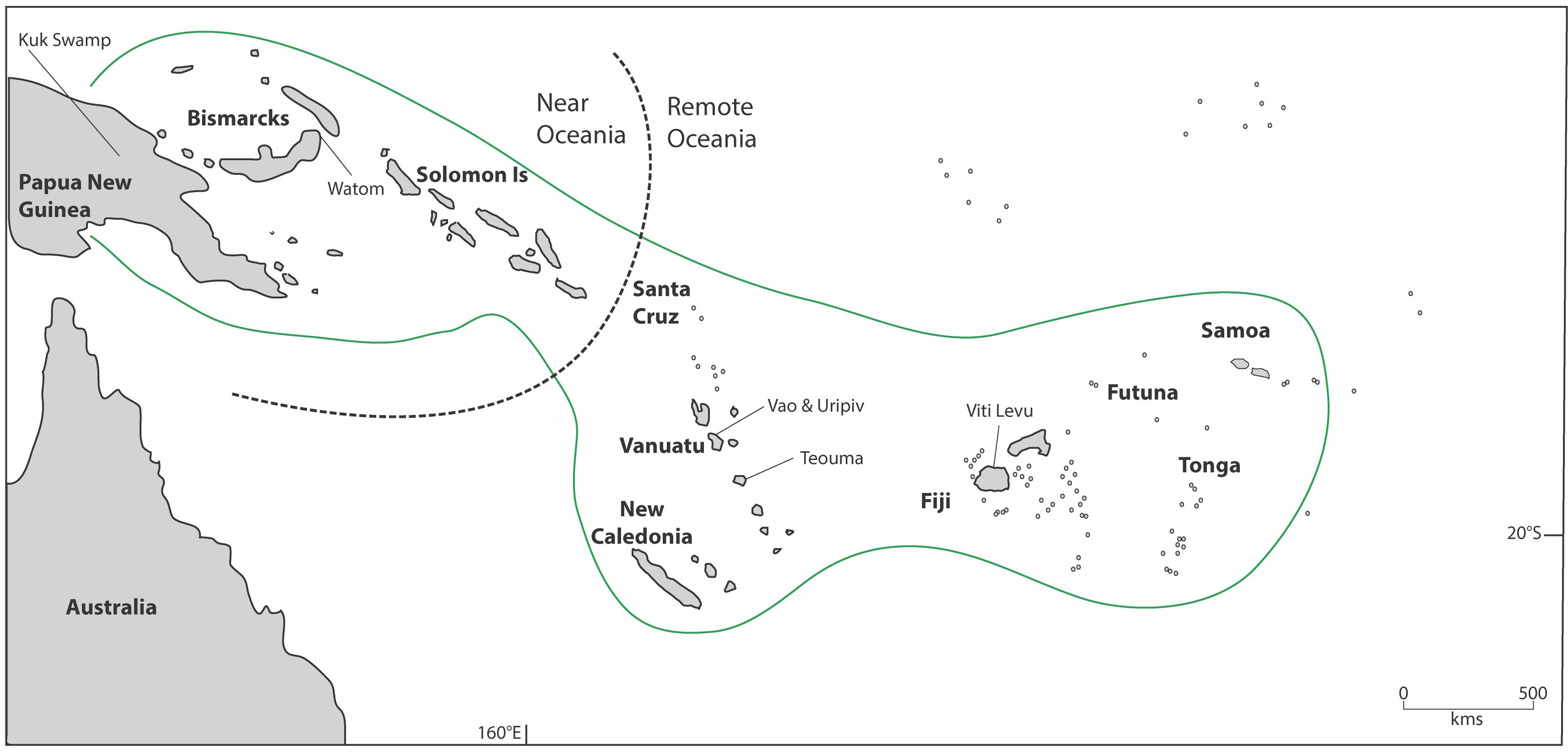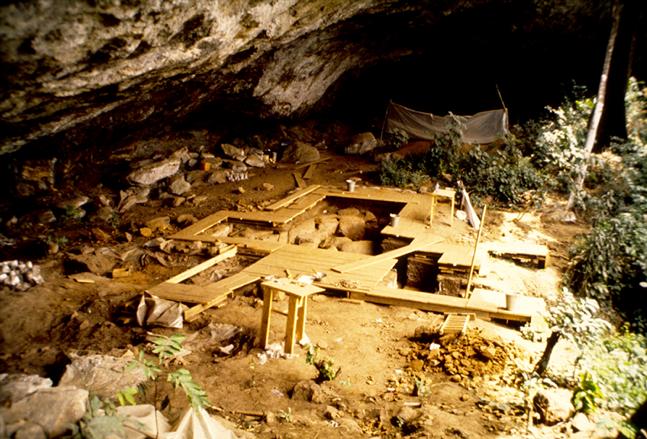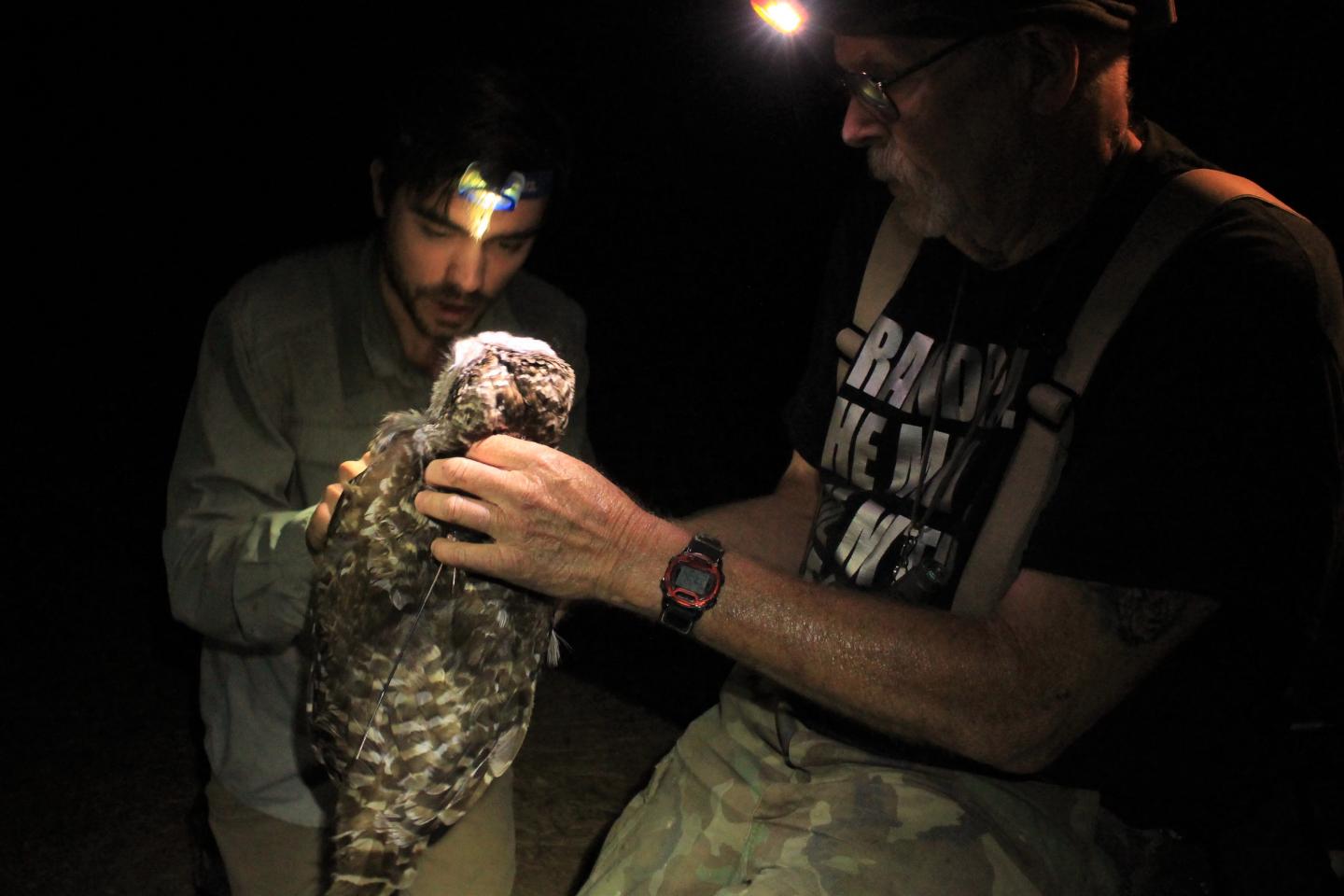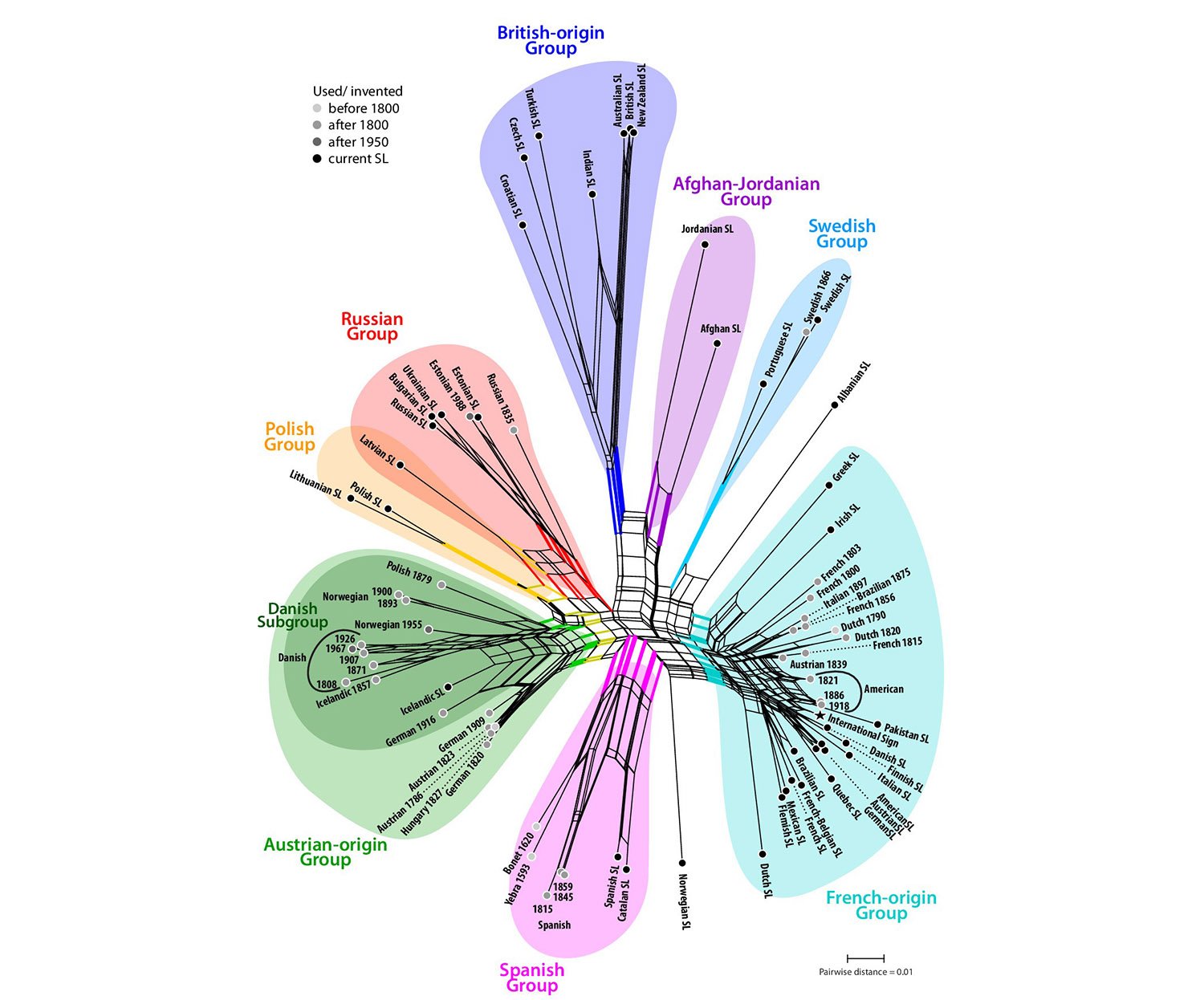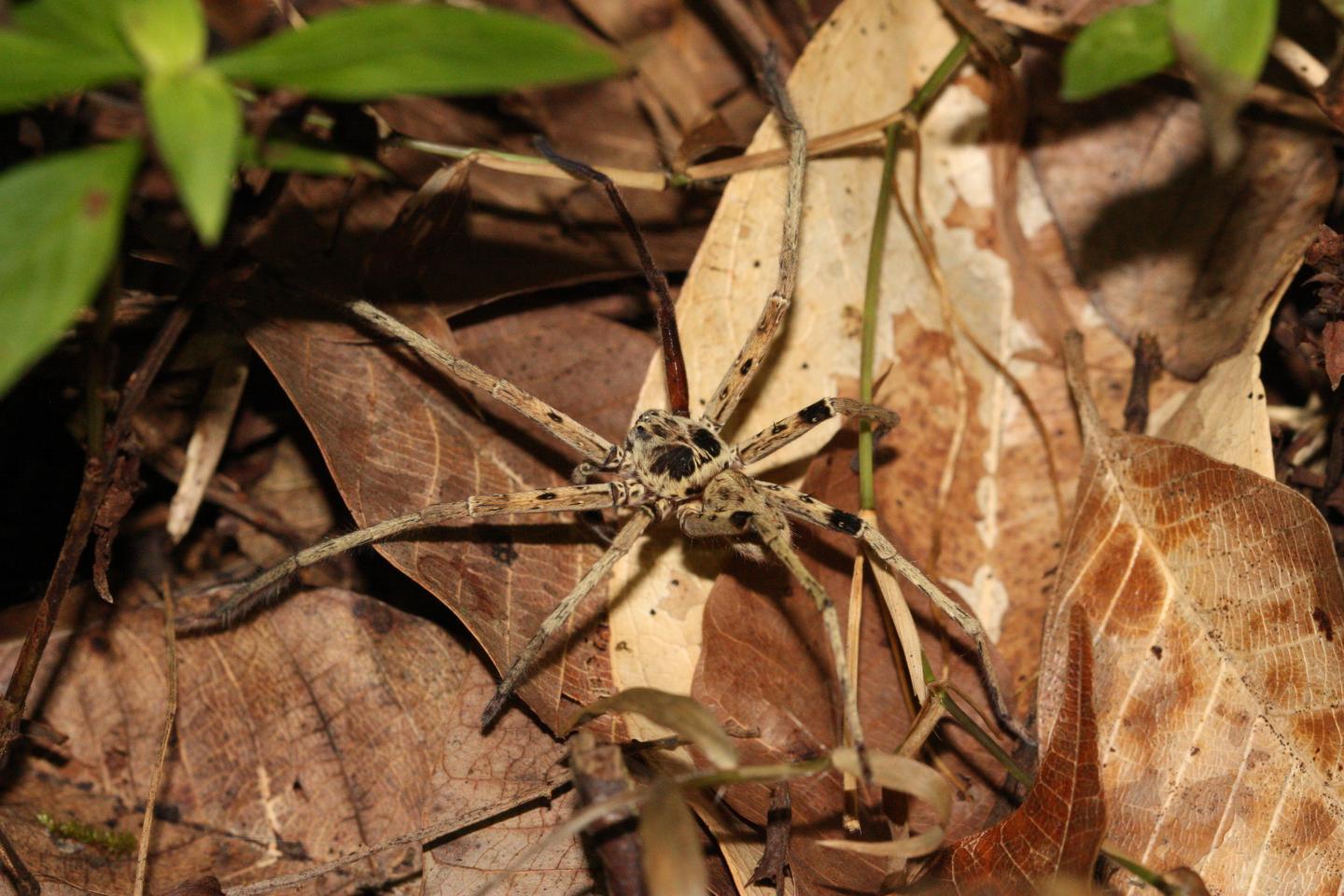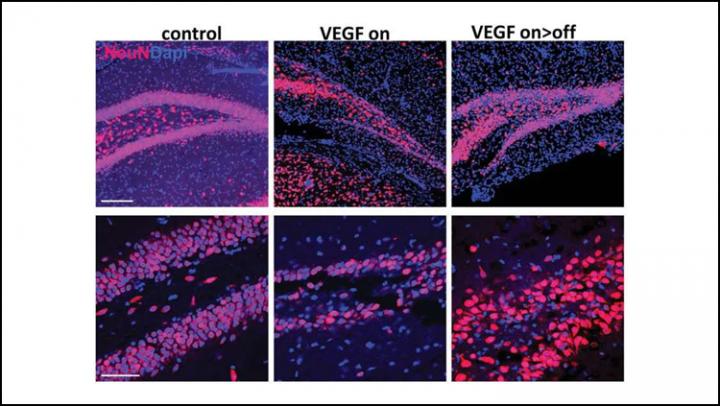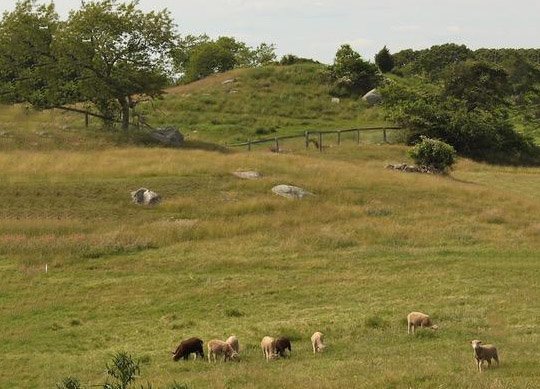In birds, as in people, a bigger group of friends isn’t always better
Carleton University’s Roslyn Dakin, professor in the Department of Biology, has recently discovered that there is a trade-off between having too many friends and having long-lasting friendships. Her research focused on a charismatic bird species called the wire-tailed manakin, and was published in PNAS, the official journal of the National Academy of Sciences. [ad_336] The … Read more
